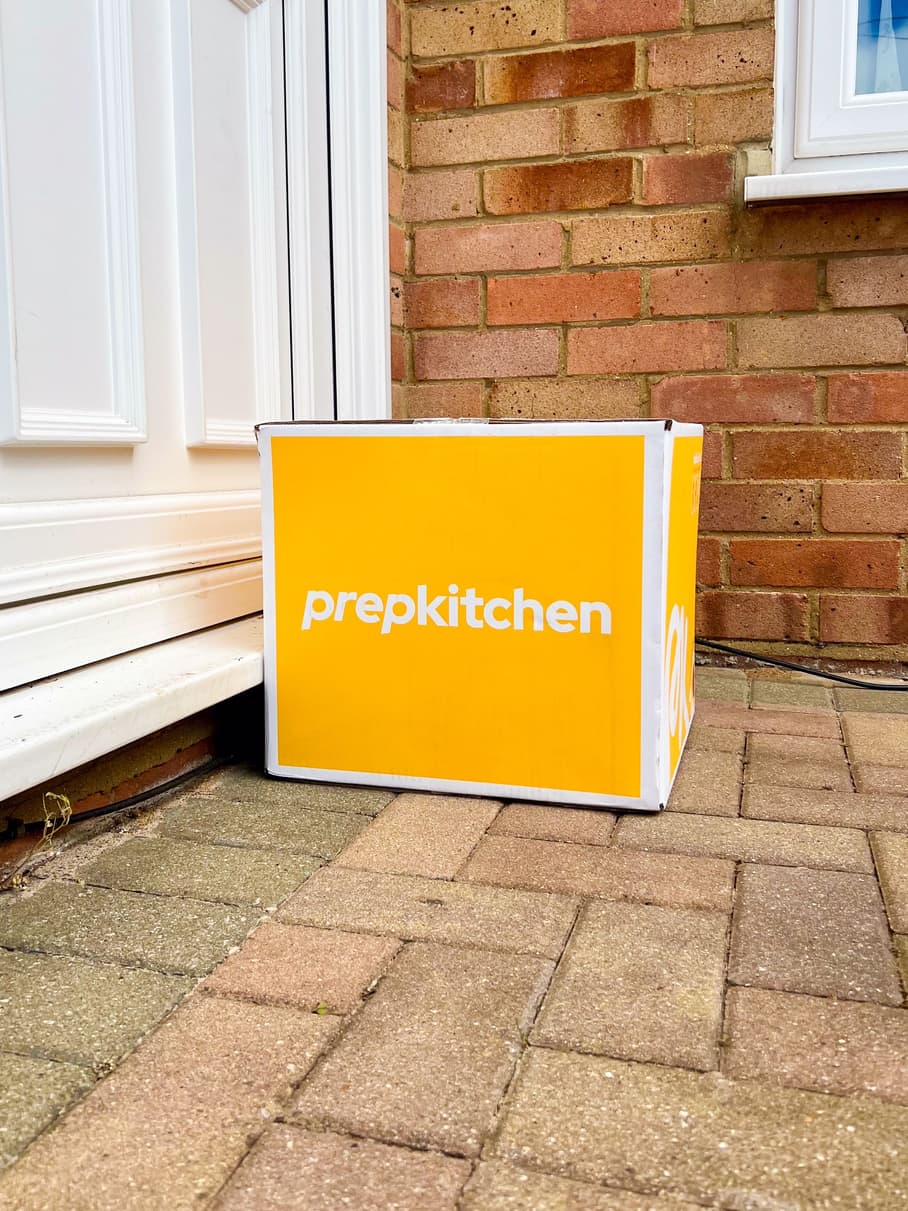At Prep Kitchen, we're all about making you healthier and happier. As well as providing nutritious menu options to support your physical health, we like to save you time so you can do more of the things you love. Saving the time that you would normally spend on shopping, preparing and cooking a healthy meal, and washing up can provide you with around seven hours of free time each week (1,2,3) - that's a whole working day! It also saves arguments about who is going to do these tedious chores, so it can dramatically reduce your stress levels!
But what can you do with all of the free time your Prep Kitchen subscription will provide?
From a business perspective, of course, 'time is money', and having more time and good nutrition can help you perform better at work, develop your business or social media presence, or learn new skills. However, we would wholeheartedly recommend working some downtime and self-care practices into your schedule, so that you can become the best version of yourself. Take a look at some of the quotes from our valued ambassadors for inspiration on how they use their spare time - even the simplest things can make a huge difference to your well-being.
If you're not used to having much free time, though, it can take a mind shift to start prioritising your own needs and practising self-care. Let's look at what exactly self-care is and what the potential benefits are.
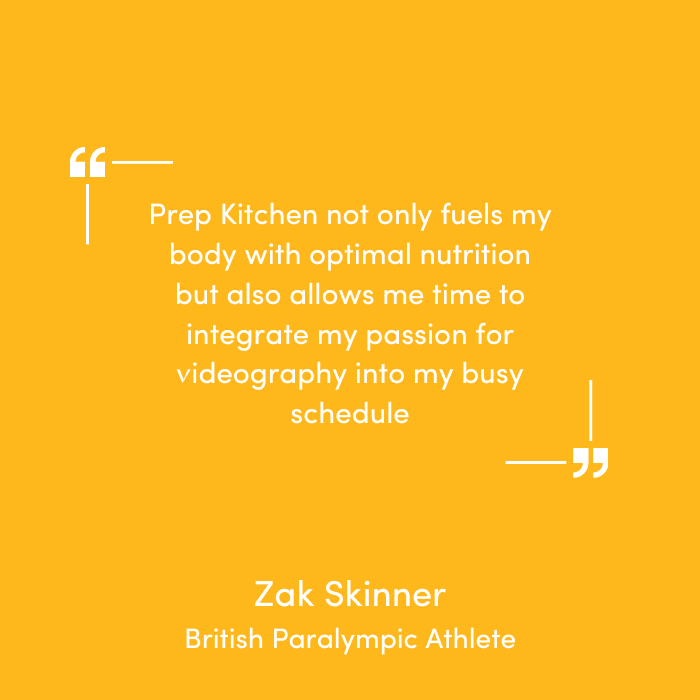
What is self-care?
Self-care is the practice of actively taking steps to maintain and improve your own physical and mental health. The seven pillars of self-care (4) are a widely accepted framework by which to evaluate and measure the areas of life which must be cultivated and balanced in order to achieve overall human well-being.
These are:
- Mental
- Emotional
- Physical
- Environmental
- Spiritual
- Recreational
- Social
Keeping a balanced focus on all these seven pillars, and ensuring that we develop and nurture our individual needs in each area, is believed to be the pathway to human happiness and overall well-being.

Why is self-care important?
Research (5,6) has shown that having enough time for leisure, self-care, and recreation is vitally important for your overall health and well-being. Being kind to your mind and body can help reduce emotional stress and even help with physical symptoms associated with stress and anxiety, such as high blood pressure. Even a few minutes of self-care daily can have a huge impact, helping to boost energy levels and reduce the overall risk of illness. People who practise self-care are less likely to suffer from anxiety, depression and stress-related symptoms. They may experience better quality sleep (7) and improved concentration.
If you struggle to put yourself first, remember, that you can't help anyone else if you don't take care of yourself. Self-care practices can help you to feel better, be more productive, and just enjoy life more!
How do you practise self-care?
We've seen that there are seven areas of self-care that we should aim to keep in balance, but the interpretation of these will vary from person to person. Some aspects of self-care are common sense and relate to basic bodily needs, but the interpretation of some of the other pillars will depend on the individual and what gives them pleasure, or helps them to relax and unwind.
Here are some examples of self-care activities:
Mental: Check in with yourself regularly to see how you're feeling and monitor signs of hidden stress. Get a fitness device to monitor your stress levels, or keep a journal. Reach out for help if you think you're not coping, by seeking counselling or speaking to your doctor.
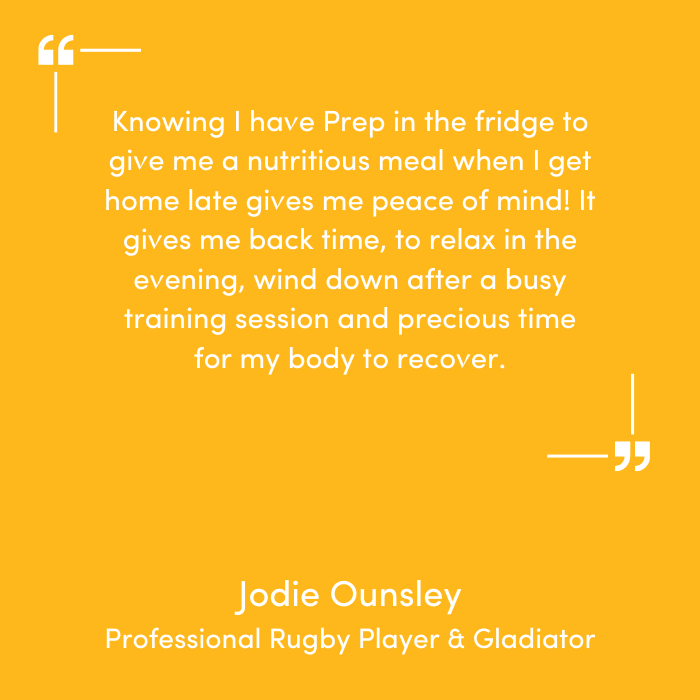
Emotional: Do some emotional housekeeping to assess toxic relationships or situations that drain you, and take steps to remove these or manage them by setting clear personal boundaries.
Physical: Your body needs good nutrition and regular exercise. Keep an eye on your diet, your water intake, your gut health, your sleep quality, and your alcohol consumption. Get regular health check-ups or holistic treatments like massage. Take daily exercise, preferably doing something you enjoy - walking the dog, playing sports, or going to the gym can support your social pillar too.
Environmental: Do a habitat review to see how you can improve your environment: do you need to declutter, reorganise your tools, clothes or cupboards, try a different type of commute? It could be anything that has a positive effect on your daily environment and makes life easier. Do you get outside regularly? Getting out into nature has been shown to have positive effects on mood, brain health and cognitive function, physical performance, blood pressure levels, and sleep quality. (8)
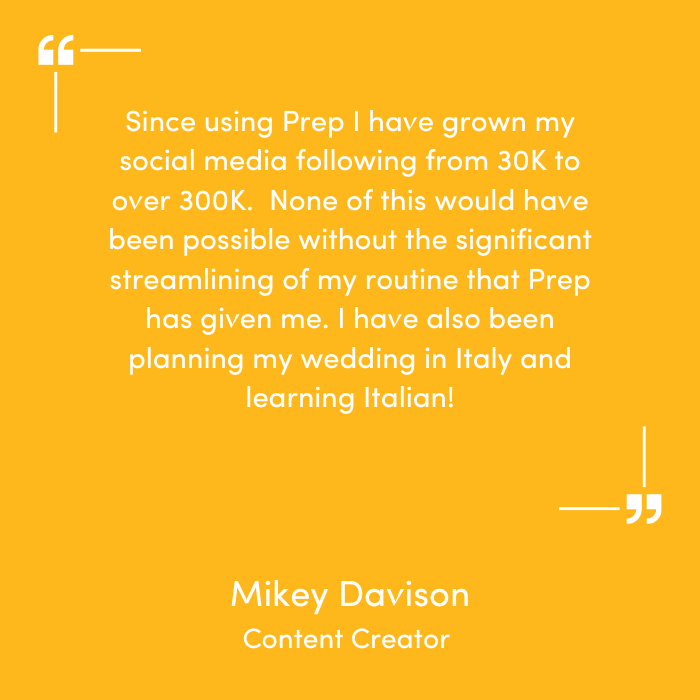
Spiritual: If you follow a religion, you could join a church or society that aligns with your views. Some people gain huge comfort and support from their chosen religions, but if you're not religious, there are other ways to support your spiritual side, e.g. by practising mindfulness or spending time in nature. If you've never thought about this aspect of life, explore it! Meditate, read, experience, and see what feels right for you.
Recreational: Do what you really, really enjoy. Think about what brings you the most joy, rather than what you think you should be enjoying. Sometimes we become out of touch with the things that make us happy…
Social: Join clubs and societies, try evening classes, or spend time with friends and family. It's good to be connected as we all need support, but if you are an introvert who is always surrounded by friends and family, your 'social' pillar might also consist of finding more solo space and time to be alone.
It's important to make these practices a way of life, rather than looking at them as a short-term project. (9)
Above all, don't feel guilty about spending time on yourself. You are a priority! Plus if you don't look after yourself, you can't look after anyone else. You can understand why so many busy athletes and professionals use Prep Kitchen.
They really make the most of the precious time we save them, so how will you use yours?
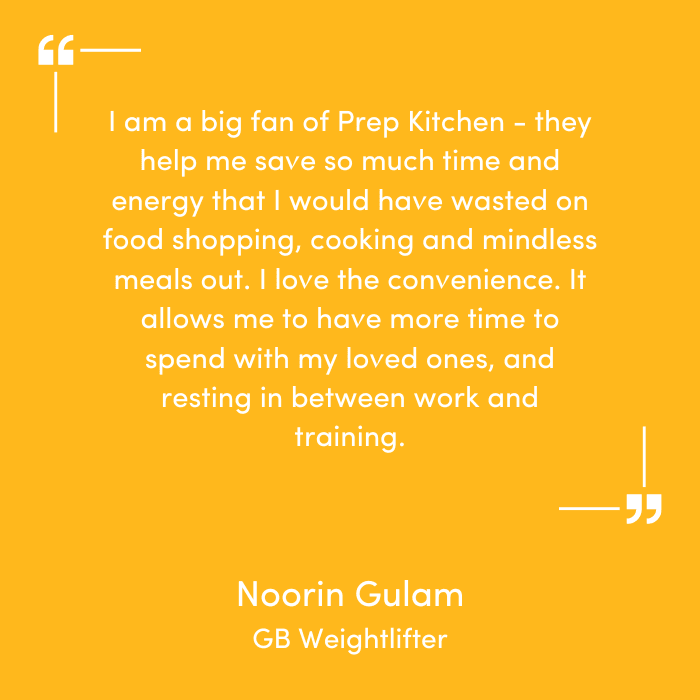
If you enjoyed these articles, read these other related articles on our blog:
How to stay fit if you sit 9 to 5
Can Protein Help Support Mental Health?
Set SMART Objectives to Achieve Your Goals
References:
1. Karen Hamrick and Ket McClelland, (2016) Americans' Eating Patterns and Time Spent on Food: The 2014 Eating & Health Module Data, by USDA, Economic Research Service, July 2016
2. Eating and Health Module (ATUS), by Brandon J. Restrepo and Eliana Zeballos , USDA, Economic Research Service, November 2023
3. Prep Kitchen independent cooking survey of 1001 people across the UK, August 2024, TMS 8/24
4. El-Osta A, Webber D, Gnani S, Banarsee R, Mummery D, Majeed A, et al. (2019) The self-care matrix: a unifying framework for self-care. Self-Care. 10:38-56.
5. Matthew J. Zawadzki, Joshua M. Smyth, Heather J. Costigan, (2015) Real-Time Associations Between Engaging in Leisure and Daily Health and Well-Being, Annals of Behavioral Medicine, 49(4):605-615, https://doi.org/10.1007/s12160-015-9694-3
6. Li J, Zeng B, Li P. (2021) The Influence of Leisure Activity Types and Involvement Levels on Leisure Benefits in Older Adults. Front Public Health. 2021 Jul 14;9:659263. doi: 10.3389/fpubh.2021.659263. PMID: 34336761; PMCID: PMC8316750.
7. Kaur H, Spurling BC, Bollu PC. Chronic Insomnia. [Updated 2023 Jul 10]. In: StatPearls [Internet]. Treasure Island (FL): StatPearls Publishing; 2024 Jan-. Available from: https://www.ncbi.nlm.nih.gov/books/NBK526136/
8. Jimenez MP, DeVille NV, Elliott EG, Schiff JE, Wilt GE, Hart JE, James P. Associations between Nature Exposure and Health: A Review of the Evidence. Int J Environ Res Public Health. 2021 Apr 30;18(9):4790. doi: 10.3390/ijerph18094790. PMID: 33946197; PMCID: PMC8125471.
9. Hobbs, C., Jelbert, S., Santos, L.R. et al. Long-term analysis of a psychoeducational course on university students' mental well-being. High Educ (2024). https://doi.org/10.1007/s10734-024-01202-4




